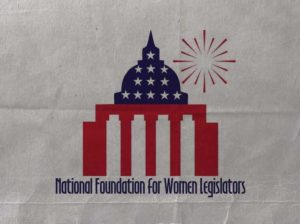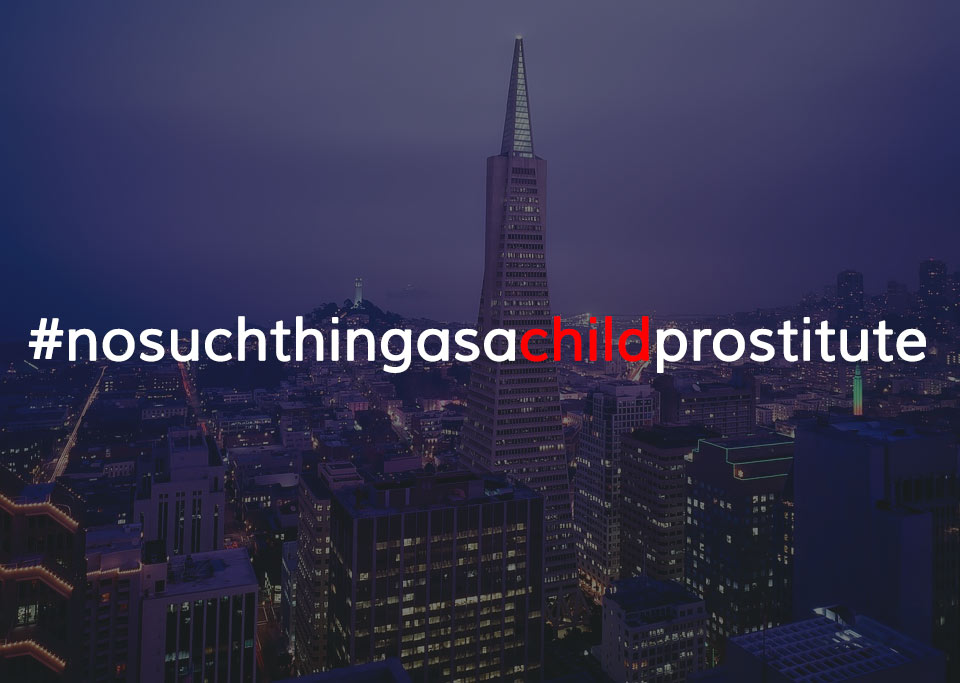New law in line with national movement to protect juvenile sex trafficking victims
California’s SB 1322 went into effect on January 1. This bill not only sparked a fiery discussion centered on one op-ed, it also led Assemblyman Travis Allen to introduce AB 1402 for purposes of repealing SB 1322. Contrary to sensational statements that SB 1322 “legalized child prostitution,” the 2016 bill clarified that children engaged in commercial sex are victims of sex trafficking, deserving of a protective, not punitive, response.
SB 1322 follows in the steps of legislation passed by 19 other states in the U.S. and recognizes that children who have been bought and sold for sex are victims of child sex trafficking. As victims of this crime, they cannot also be charged with or held liable for the crime of prostitution. This bill is not only a vital step to fighting juvenile sex trafficking in the US, it is in line with the national movement to ensure state laws treat child sex trafficking survivors as victims instead of criminals.
Shared Hope advocates for non-criminalization legislation, like California’s SB 1322, because it is based on the empirical research into the nature of a child’s vulnerability and brain development. Extensive research shows that children who engage in commercial sex do so in an effort to survive, or because a manipulative adult reaps a direct and substantial benefit from the child’s victimization. Tucked inside the non-criminalization debate is the inarguable element that, in the same way a children cannot legally join the military, purchase alcohol, register to vote, or enter into a contract, a child cannot consent to selling sexual services or performances.
The passage of SB 1322 in September 2016 was a significant and imperative step in reconciling a glaring contradiction in California state law which allowed a child engaged in commercial sex to be both a victim of commercial sexual exploitation and an offender under the same prostitution statute. Removing criminal liability for an offense that a child cannot commit prioritizes the safety, welfare, development, and protection of all children.
For that reason, it is critically important in the fight against child sex trafficking to recognize that removing criminal liability for minors engaged in commercial sex does not incentivize adults who commercially sexually exploit children. Instead, making sure that the buyers and sellers of sex with children are the only possible offenders under prostitution laws de-incentivizes such behavior by removing the facade of “consent,” “willingness,” or “desire” of the child that offenders rely on to avoid culpability.
One commonly raised, but misguided, argument against non-criminalization for children is that such laws strip the criminal justice system of a tool that ultimately protects children from the injurious nature of commercial sex. In fact, treating children as criminal offenders, particularly as “prostitutes,” is stigmatizing and re-traumatizing. In the same manner that we do not arrest and treat child sexual abuse victims as delinquent children, we must require a protective response for children similarly abused through commercial sexual exploitation.
Shared Hope’s six years of research on best practices for writing laws to fight domestic minor sex trafficking show that California has joined 19 states and the District of Columbia in recognizing these realities and passing laws to end the criminalization of child sex trafficking victims. California follows in the footsteps of states across the nation, from Montana to Alabama, from New Hampshire to Illinois, from North Dakota to Connecticut, who already passed non-criminalization legislation. SB 1322 is not an isolated state law, but instead brings California into the national movement of state legislatures rejecting outmoded ideas about the culpability of children for their own sex trafficking victimization and passing legal protections for them.
Ultimately, the laws governing a society reflect the attitudes and beliefs of that society. As a country, we have continuously demonstrated our commitment to protecting children from harm, and in the unfortunate moments that such harm cannot be prevented, we have collectively demanded that rehabilitation and refuge be provided for them. Victims of child sex trafficking are certainly deserving of these protections. Criminalizing children for the crimes committed against them is not only unjust and harmful; it is contrary to the ideals that we strive to reach for all of the nation’s children. SB 1322 is consistent with the growing national recognition of the need to protect rather than criminalize child sex trafficking victims.
 Today at the annual conference for the National Foundation of Women Legislators the members passed an important resolution on child sex trafficking. Shared Hope International has worked with NFWL to craft a resolution that addresses the key issues currently confronting legislators responding to child sex trafficking victims.
Today at the annual conference for the National Foundation of Women Legislators the members passed an important resolution on child sex trafficking. Shared Hope International has worked with NFWL to craft a resolution that addresses the key issues currently confronting legislators responding to child sex trafficking victims. However, after receiving a “D” on its
However, after receiving a “D” on its 





